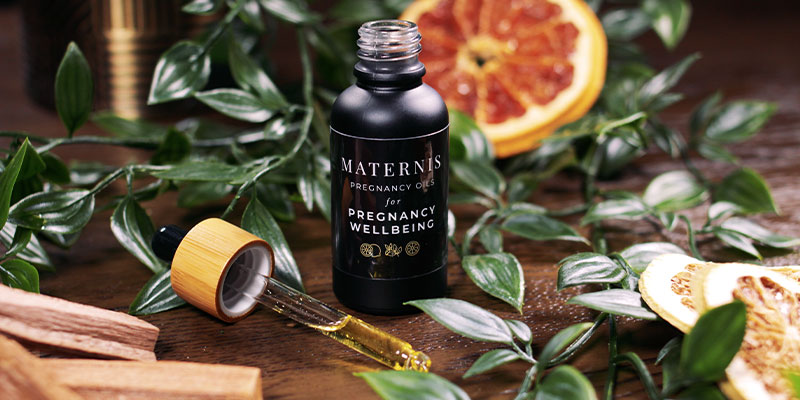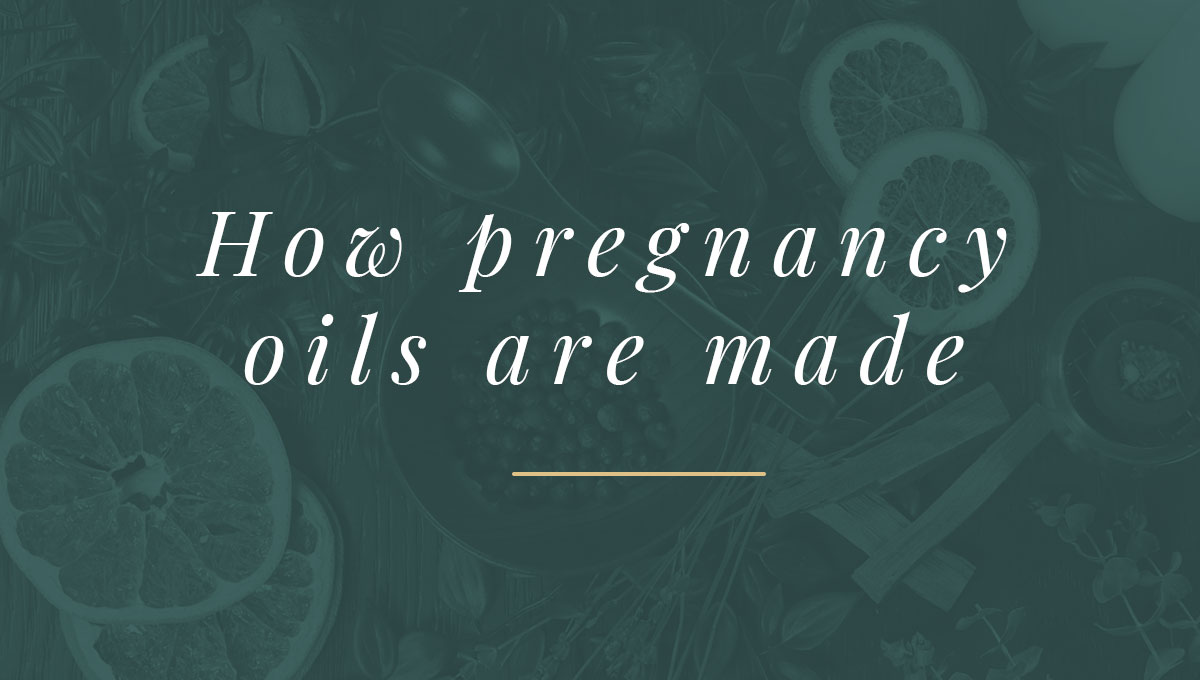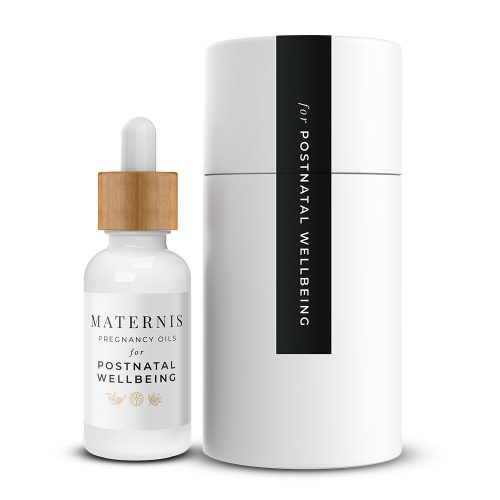How do we make our Maternis Pregnancy Oils?
Our qualified aromatherapists hand-blend all our pregnancy, labor and postnatal oils to order using 100% pure therapeutic grade oils which contain absolutely no preservatives or impurities. The oils are all blended with a carrier oil base at a 2% dilution rate which is the recommended measurement for pregnancy. Each oil is provided in UV protected glass bottles which ensure the oil is kept from sun contamination, keeping them fresh and potent on arrival.
We strongly believe that by using the unique properties of plant extracts, you can find a natural remedy for pregnancy related conditions.


How are Essential Oils Made?
There are 5 different methods of extracting essential oils from leaves, flowers and other natural resources, these include: Enfleurage, Distillation, Maceration, Expression and Solvent Extraction. Each method produces oil from over thirty families of plant and the quality and price of each oil can solely depend on the way it is extracted.
Enfleurage is one of the oldest techniques to date, it uses animal and vegetable fats to extract the fragrant compounds of a plant/flower. The essential oil diffuses into the layers of fat, is then left in contact for a number of days/weeks and then washed by an alcohol solvent to draw the fragrant molecules into a solution. The solution is then either allowed to evaporate or distil to make an absolute. Members of the Oleaceae and Asparagaceae plant family such as Jasmine and Tuberose are some of the more commonly known flowers to be extracted in this way.
Distillation is the process of extraction which involves heating the plant with steam in a still and channelling the vapour into a condenser, the liquid that is left consists of oil and water which is then separated.
Expression also known as ‘cold pressing’ is a method mainly used to extract citrus oils from members of the Rutaceae plant family such as lemons, oranges and limes. In older times, expression was performed by hand and involved the pressing of a fruit peel via a sponge (National Association for Holistic Aromatherapy, 2016) but now we use machinery that can mimic the process.
Maceration is an extraction technique that involves soaking the flowers in hot oil which breaks down the membranes and allows the hot oil to absorb the essence. (Esoteric Oils, 1998) The flowers are then strained, removed and then more flavours are added. This method is repeated 15 times until a pomade is created which can then go on to be distilled.
Solvent extraction is suitable for botanical material that has a very low produce of essential oil, for example Rose and Gardenia. The process involves solvents such a petroleum ether and ethanol extracting the lipophilic material from the plant. This is achieved by placing the base materials into a vessel and then covering them in the solvent. After this, the mixture is electrically heated so that the solvent extracts the oil matter from the materials and a concrete is then formed. The concrete is then mixed with alcohol which extracts the aromatic elements of the material to make an absolute.






